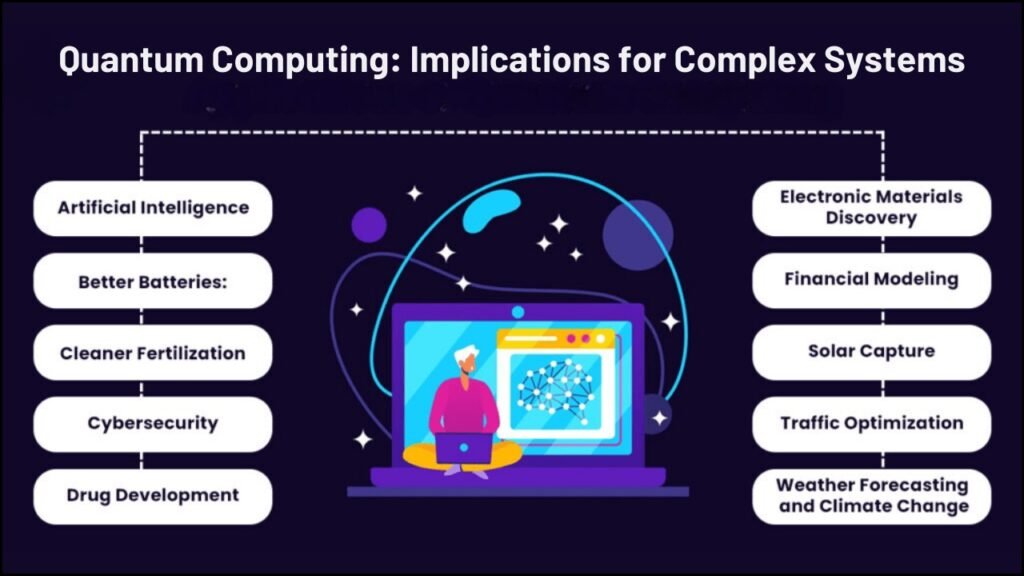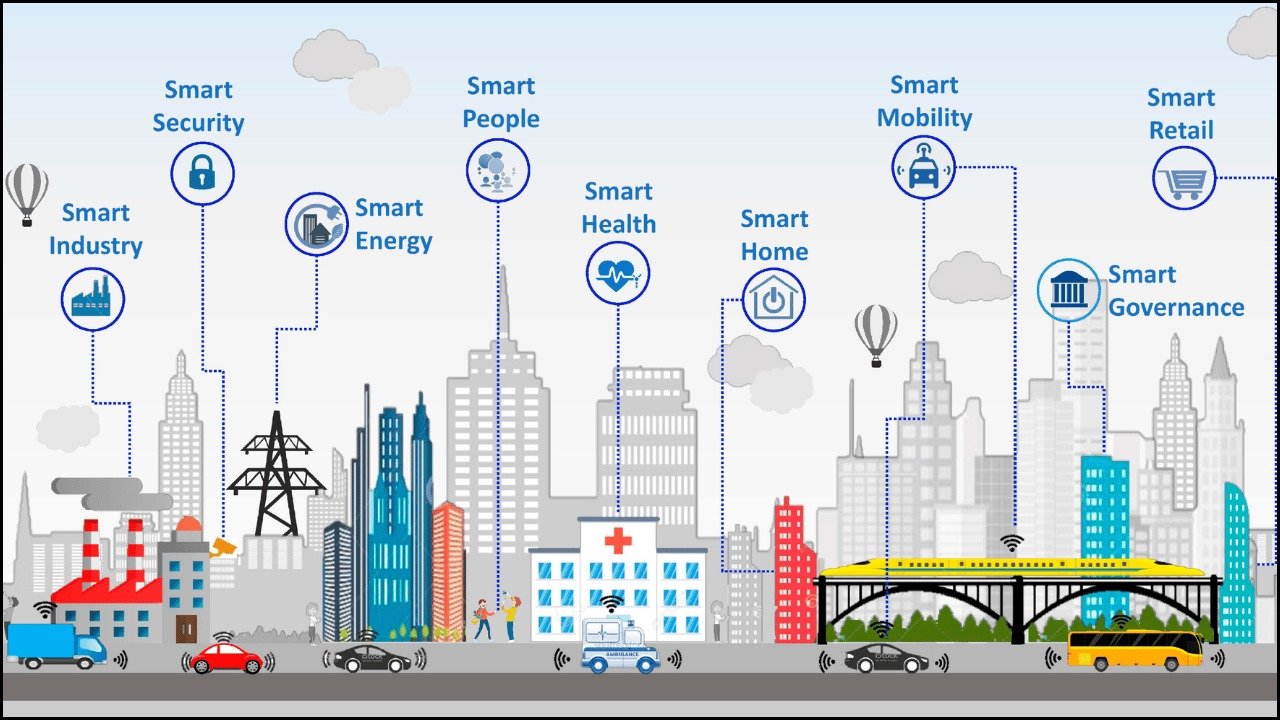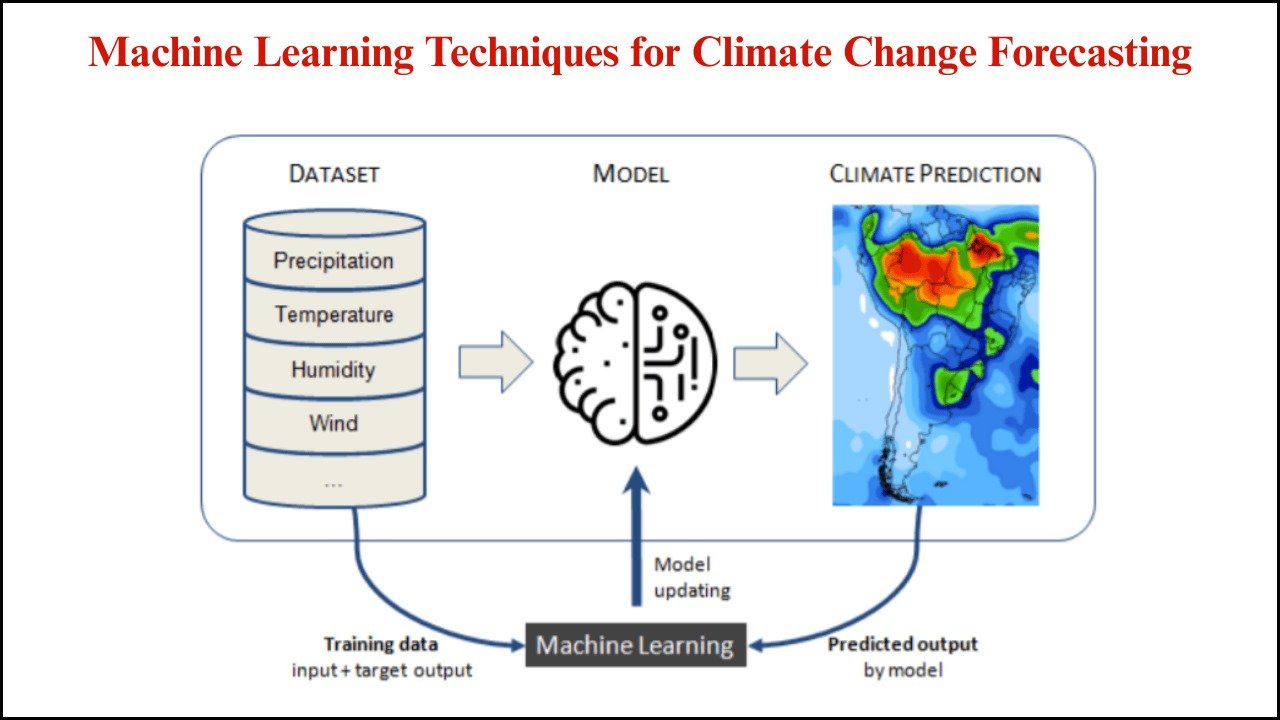
Quantum computing represents a revolutionary shift in computational capabilities, offering unprecedented potential to address challenges in complex systems. Unlike classical computers, which process information in bits, quantum computers use qubits that can exist in multiple states simultaneously. This unique property enables them to solve problems that are computationally infeasible for traditional systems, making quantum computing a transformative tool for modeling, optimization, and prediction in complex systems.
Table of Contents
Understanding Quantum Computing and Complex Systems
Complex systems are characterized by numerous interacting components, non-linear dynamics, and emergent behaviors that are difficult to predict. Examples include climate systems, financial markets, biological networks, and urban infrastructures. Traditional computational methods often struggle with the exponential complexity involved in simulating these systems. Quantum computing, through superposition and entanglement, can perform calculations in parallel, drastically reducing computation time for large-scale problems.
Key Implications of Quantum Computing for Complex Systems
1. Enhanced Simulation Capabilities
Quantum computing allows the simulation of intricate systems with high accuracy. For example, modeling molecular interactions in chemistry or predicting climate patterns becomes more feasible, enabling better scientific insights and decision-making.
2. Optimization of Complex Networks
Many complex systems, such as transportation grids or supply chains, require optimal resource allocation. Quantum algorithms like the Quantum Approximate Optimization Algorithm (QAOA) can efficiently solve optimization problems that classical algorithms cannot handle at scale.
3. Improved Predictive Modeling
Quantum machine learning (QML) combines quantum computing with AI to enhance predictive analytics. QML can identify patterns in large datasets faster and more accurately, benefiting sectors such as finance, healthcare, and urban planning.
4. Faster Problem Solving
Quantum computing’s parallelism allows simultaneous evaluation of multiple solutions, significantly reducing the time required to solve combinatorial problems in complex systems.
5. Advancements in Cryptography
Complex systems often rely on secure data exchange. Quantum computing can both break existing cryptographic methods and enable new quantum-resistant encryption techniques, ensuring secure communication in critical infrastructures.
Applications Across Industries
| Industry | Application | Benefits |
|---|---|---|
| Healthcare | Drug discovery and protein folding | Accelerates research and reduces costs |
| Finance | Portfolio optimization and risk analysis | Enhances decision-making and profitability |
| Energy | Grid optimization and material simulation | Improves efficiency and sustainability |
| Transportation | Traffic flow optimization and logistics | Reduces congestion and operational costs |
| Environmental Science | Climate modeling and ecosystem analysis | Supports accurate forecasting and mitigation strategies |
Challenges and Considerations
While quantum computing holds immense promise, several challenges remain:
- Hardware Limitations: Current quantum computers have limited qubits and are prone to errors due to decoherence.
- Algorithm Development: Quantum algorithms are still in early stages, requiring specialized knowledge for implementation.
- High Costs: Building and maintaining quantum systems is expensive and resource-intensive.
- Integration with Classical Systems: Hybrid approaches combining classical and quantum computing are needed for practical applications.
Future Outlook
Quantum computing is poised to reshape how we approach complex systems. As technology advances, we can expect more robust quantum hardware, better error correction techniques, and scalable algorithms. The integration of quantum computing into scientific research, industrial processes, and urban management will enable faster solutions, more precise predictions, and innovative approaches to challenges that were previously insurmountable.
FAQs
Q1: How does quantum computing benefit complex systems?
A1: It enables faster computation, enhanced simulations, and better optimization for systems with many interacting components.
Q2: What industries can benefit most from quantum computing?
A2: Healthcare, finance, energy, transportation, and environmental science can leverage quantum solutions for efficiency and innovation.
Q3: What are the main challenges in implementing quantum computing?
A3: Challenges include hardware limitations, high costs, developing algorithms, and integrating with classical computing systems.





